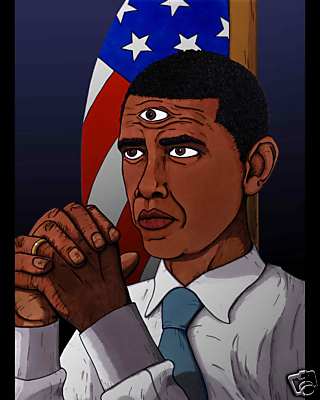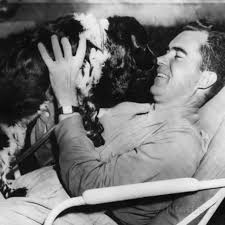something I wonder about the electoral map
Thursday, November 30th, 2006The Southern strategy of the Republican Party, accelerated and radicalized under Bush, has finally created a more than equal reaction in the North. Ten years ago, 10 moderate Republican senators, all from the Northeast, met weekly for lunch. After the 2006 election, only three remain, in Pennsylvania and Maine. When they retire they are likely to be replaced by Democrats.
New England was once the bastion of rock-ribbed Republicanism, personified by Sen. Prescott Bush of Connecticut, grandfather of the current president. But now, from six New England states, there is only one Republican left standing in the entire House, Christopher Shays, who barely scraped by in a previously safe Republican district. (Republicans won eight other House seats across the country by less than 1 point, and 34 by less than 55 points. Many of these may be at risk in two years.)
The fatal environment for Republicans in New England is exemplified by New Hampshire, by far the most conservative of the New England states. There Democratic Gov. John Lynch won reelection with 74 percent. As Washington Post columnist David Broder wrote: “The Executive Council, which has the power to confirm appointees and approve state contracts, switched from 4-1 Republican to 3-2 Democratic. The state Senate, which Republicans controlled 16-8, is now Democratic by a 14-10 margin. The state House of Representatives, which is dwarfed in size only by the British House of Commons and the U.S. House of Representatives, went from 242-150 Republican, with eight vacancies, to 239-161 Democratic.” Both U.S. House seats in New Hampshire fell to the Democrats. In 2008, the Senate seat held by a Republican is suddenly exposed.
In Rhode Island, which has a long history of working-class deference to patrician politicians, Sen. Lincoln Chafee, a moderate, even liberal figure, whose father had been a popular U.S. senator and whose own popularity was above 60 percent on Election Day, was defeated by 6 points. His Republican label alone condemned him.
And on it goes. I am a little bit sick of the electoral map for 2000 and 2004 as a defining nature of this nation, and it has long seemed as though we’ve settled into that rut of believing it to be a permanent fixture of our politics. 2006 may have shifted some things, though 2002 was supposed to have done the same in the other direction. Indeed, I read through the National Review’s post-mortem issue of the 2006 election, and it was basically a direct flip of the reaction from the 2002 election.
I am looking forward to a new map. This map, contrary to what we’ve settled ourselves into believing, is not permanent. Forces are always there tearing it apart — you only need to go back to the Clinton elections to see a completely different map, and go back to Carter’s 1976 to see a map that could only exist in that election’s set of circumstances: West — East as opposed to South — North or Coastal — Inland (the South temporarily thumping back to solid Democratic to support an evangelical Christian, the North-East having switched to the Democrats over the past few decades — which continued on to the 2006 status of being as Solid as any Solid South can conceivably be these days, and the West being the burgeoning Republican Reagan land.
But here’s what I am wondering. The 2000 map is basically a mirror image of the 1896 election map — parties switched — and to look at the contours of this is a startling experience. In one of the upcoming three election, is there going to be as startling mirror image of a previous map — which signifies that the nation is electorally wandering around in circles.




